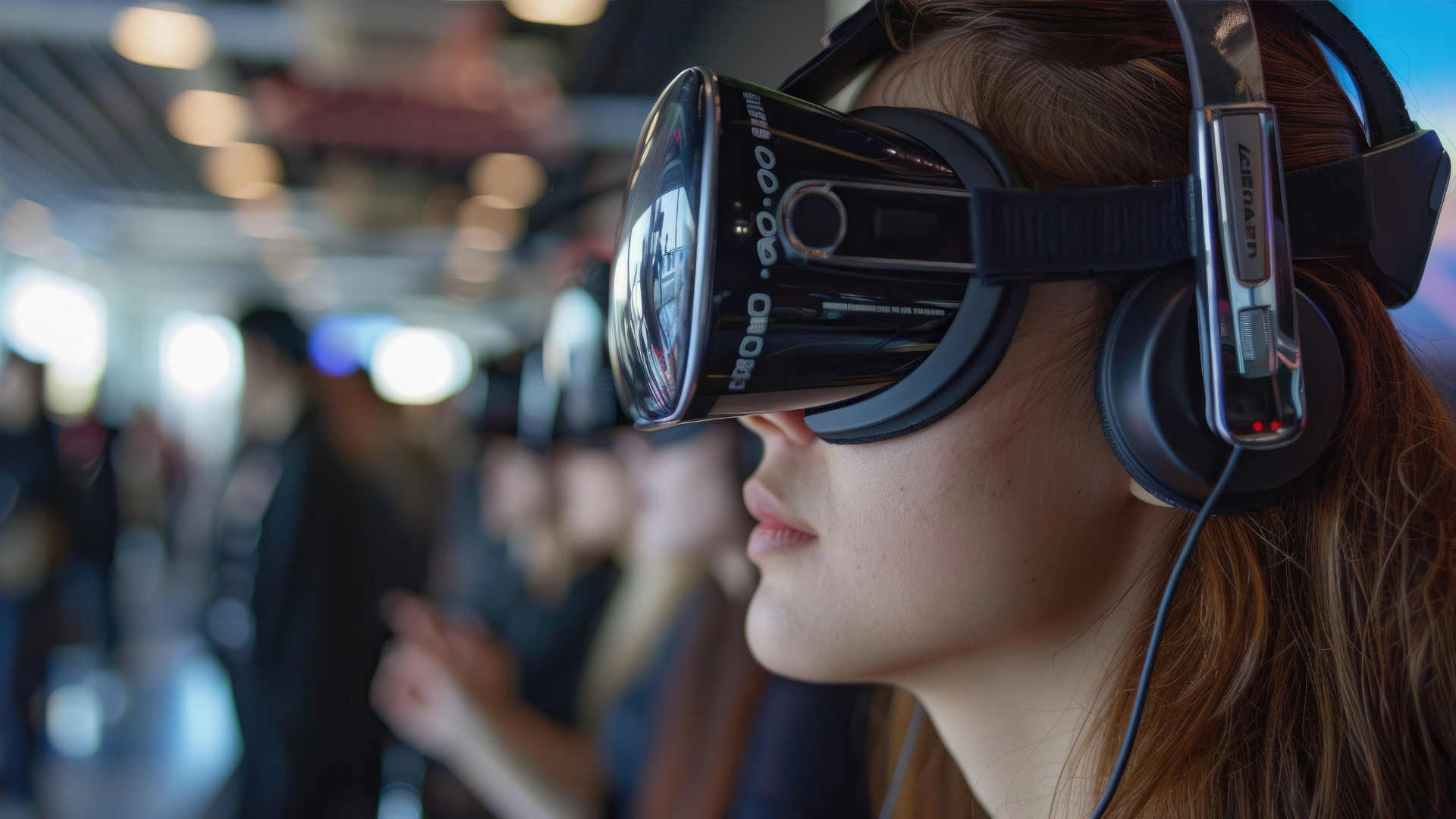Metaverse Redefines Sports Spectatorship Experience

The metaverse is revolutionizing the way audiences engage with sports, creating immersive experiences that redefine how events are consumed. A recent study from the University of Georgia highlights how digital shared spaces in the metaverse offer unique advantages, from personalized interactions to unparalleled virtual mobility, enhancing the overall spectator experience.
The study, which focused on a metaverse-based stream of the 2022 FIFA World Cup, reveals that audiences value the social interactions and customizable environments that such platforms provide. These features allow fans to enjoy sports in ways that are either inaccessible or prohibitively expensive in the real world, opening new opportunities for both organizers and participants.
Virtual Reality Meets Global Accessibility
The metaverse, defined as a highly immersive digital space operating in real-time, provides users with the ability to interact and engage with others across the globe. For many, the virtual environment removes the barriers of cost, location, and logistics associated with attending major sporting events in person.
“It’s an experience you cannot get in real life because that’s the World Cup, right? It’s very expensive if you want to get front-row tickets,” said Sam Chen, the study’s lead author and a doctoral student at the University of Georgia. By leveraging the metaverse, users can immerse themselves in a virtual stadium and enjoy front-row views, an opportunity previously reserved for a privileged few.
Social Interaction as the Key Attraction
One of the most valued aspects of the metaverse experience is the ability to interact with other fans in real-time. Whether through voice communication, text chats, emojis, or avatar gestures, users can connect with nearby participants, creating a sense of community.
“The ability to communicate with others in the experience was a driving force for participants,” Chen explained. This interactive component enables users to reconnect with distant friends, make new connections, and share the excitement of the game in a way that transcends physical boundaries. These social interactions, combined with the freedom to customize avatars or wear virtual jerseys of favorite teams, add layers of engagement and belonging, making the virtual experience as compelling as the event itself.
Breaking the Boundaries of Traditional Viewing
The metaverse eliminates the rigid constraints of physical events, offering a level of flexibility that’s impossible in real-world settings. Unlike a traditional stadium ticket that binds attendees to a specific seat, metaverse users can switch locations, move to virtual sports bars, or even walk onto the field for a closer look.
Participants in the study described taking virtual selfies with avatars and favorite players on the field, a novelty that blends sports fandom with interactive entertainment. “This kind of experience you cannot get from other online digital platforms,” Chen noted.
Moreover, the entire experience works toward enhancing further the thrill and the heightened freedom of users to exit and enter the exciting world of the virtual stadium or into different virtual environments.
According to traditional research on sports events, the game forms the primary entertainment appeal for audiences. However, a study run by the University of Georgia suggests that the experience surrounding the event in the metaverse could boast equal, if not greater, significance.
Users now want a more enhanced experience beyond just the game: Whether it is the quality of the virtual environment, the customizing of avatars, the interactivity, or the streaming quality. Such a transformation brings about the fact that the organizers have to be considered holistic experience-givers who allow "all space to breathe and work for the brilliance of experience".
“Users expect more than the game itself in the metaverse,” said Chen. “The environment of the metaverse — like the use of avatars, the virtual interactions, the stream quality — they’re all equally important as the core product.”
The Future of Sports and Entertainment
As the metaverse continues to evolve, its integration into sports and entertainment is set to grow. For event organizers, these findings present an opportunity to rethink how they approach fan engagement. By leveraging the unique capabilities of the metaverse, organizers can attract a broader audience, deliver innovative experiences, and drive repeat participation.
Furthermore, the metaverse offers significant potential for monetization, from selling customizable virtual merchandise to offering premium experiences such as exclusive meet-and-greets with avatars of players or enhanced viewing perspectives.
The study’s insights also extend beyond sports, with applications in concerts, conferences, and other large-scale events. By prioritizing interactivity and customization, industries can harness the metaverse to transform audience engagement across the board.
As more platforms and technologies embrace the metaverse, the future of sports and entertainment is poised for a significant transformation—one where the experience is as valuable as the event itself.
Stay ahead of the curve! Read our blogs on Customer Experience in the Metaverse: Preparing for Virtual Engagement and Revolutionizing Construction Education Through Virtual Reality to explore more transformative applications of virtual spaces.




